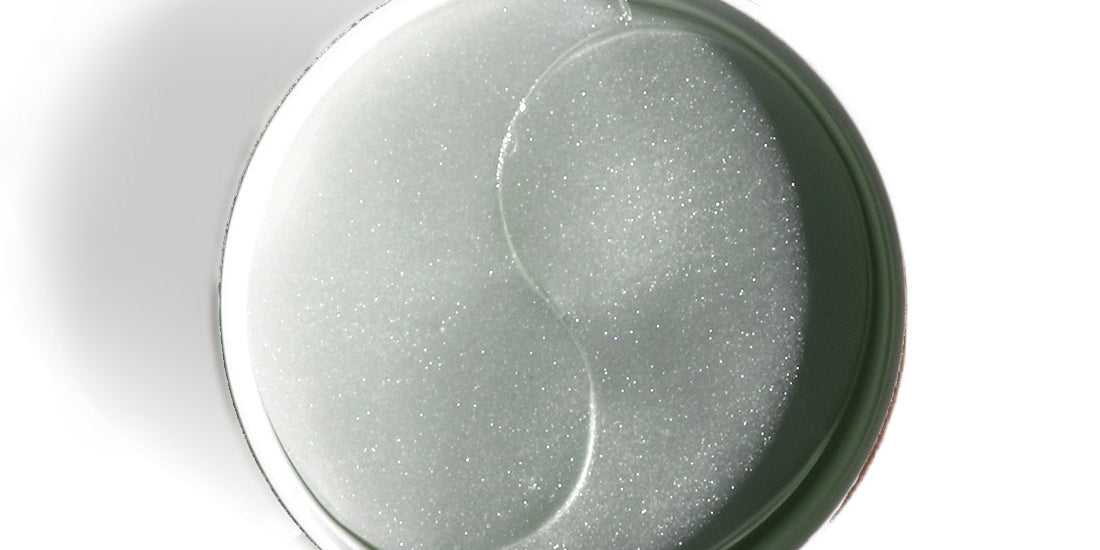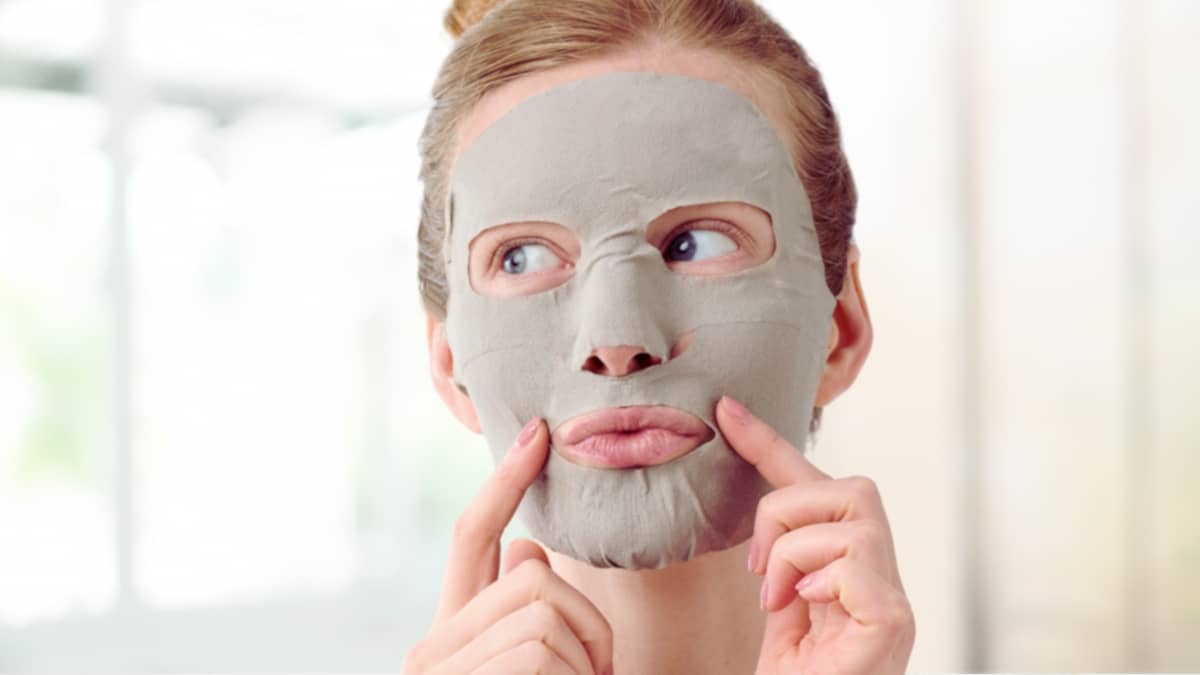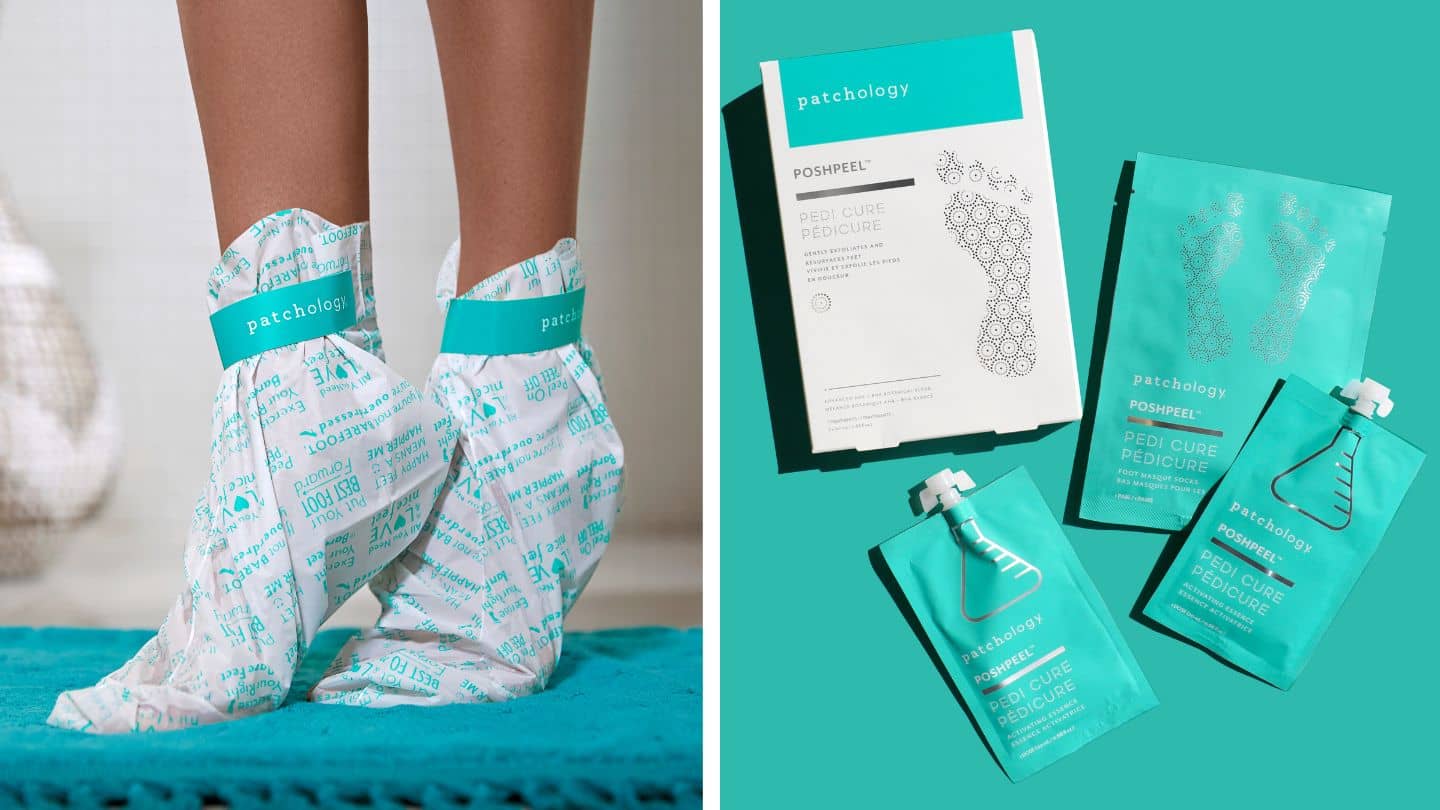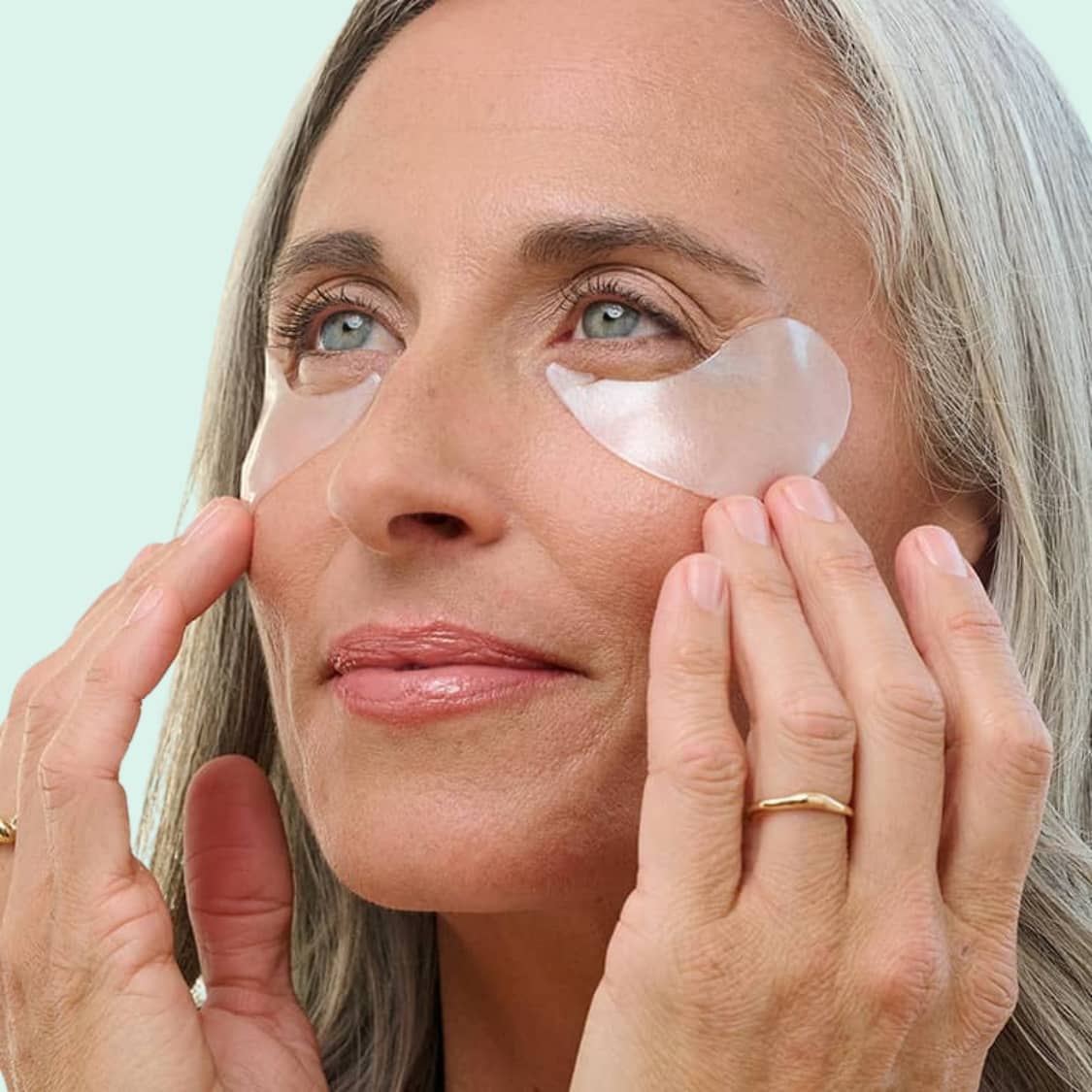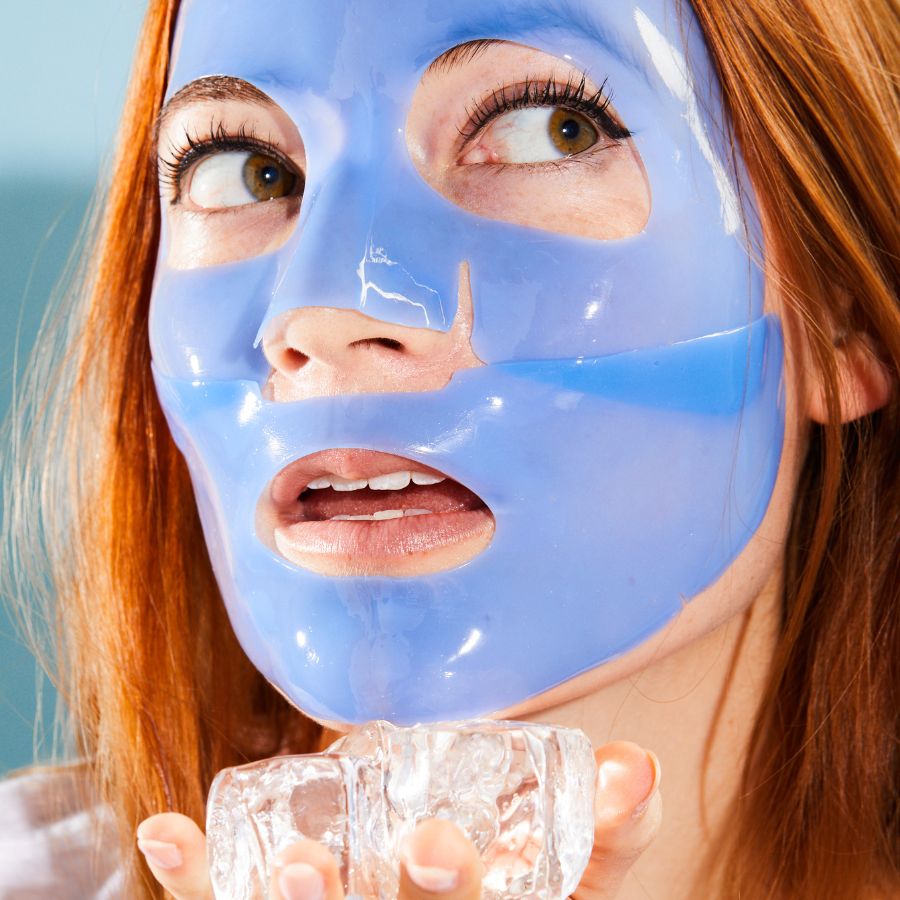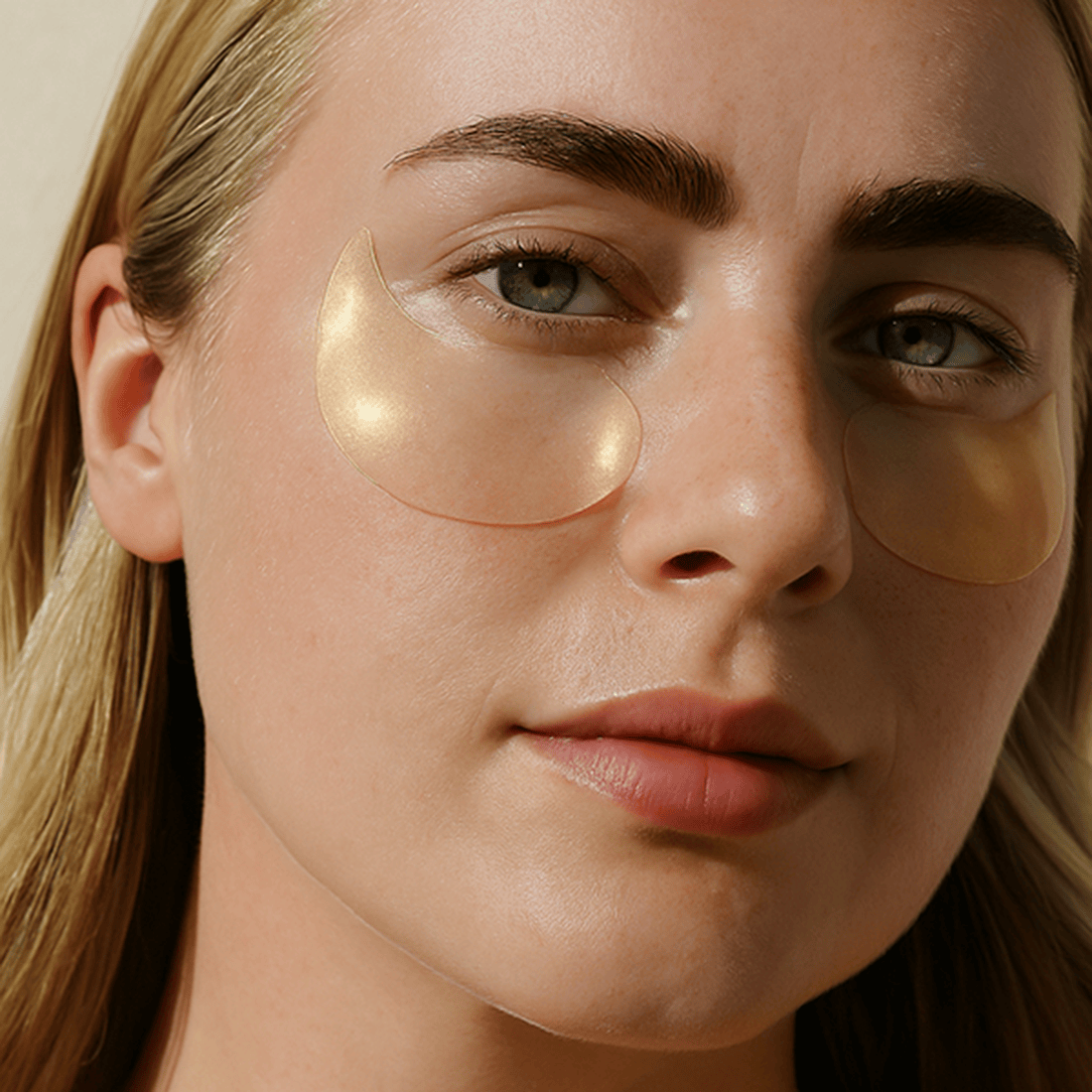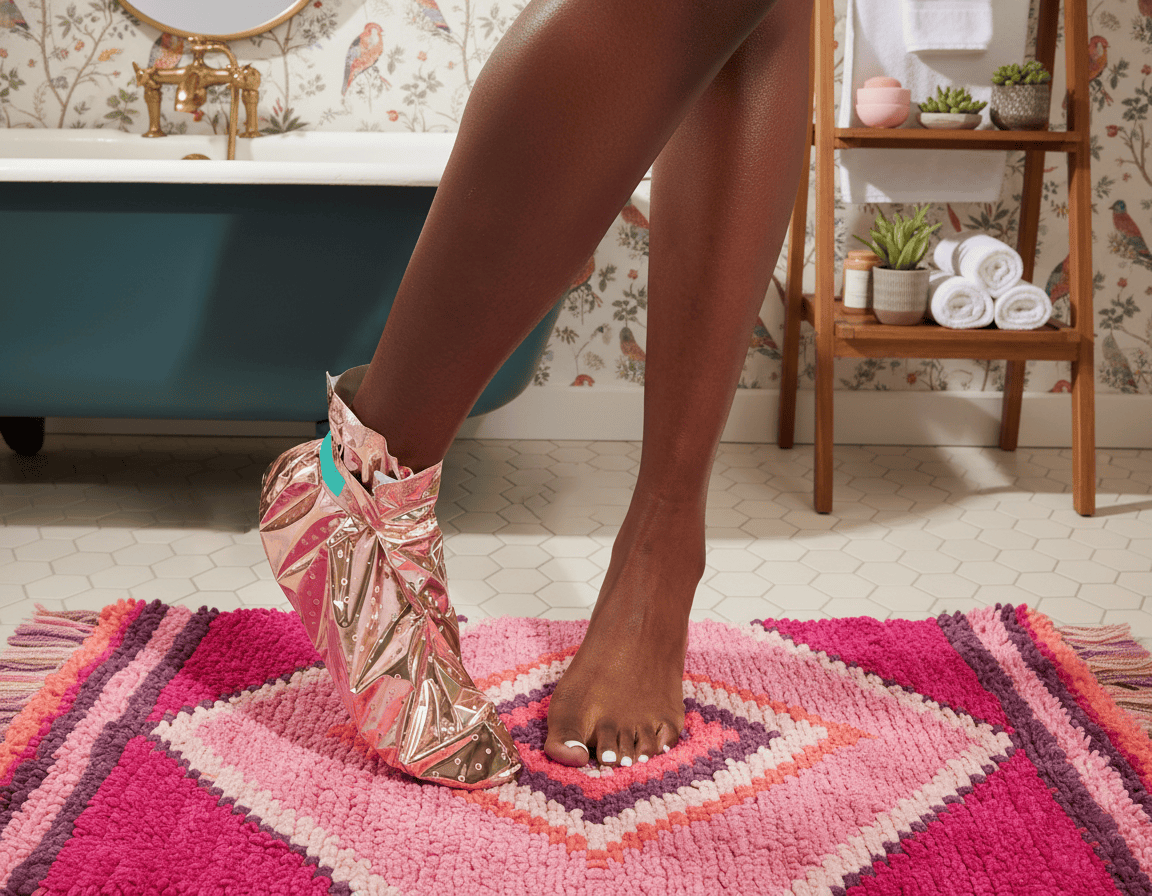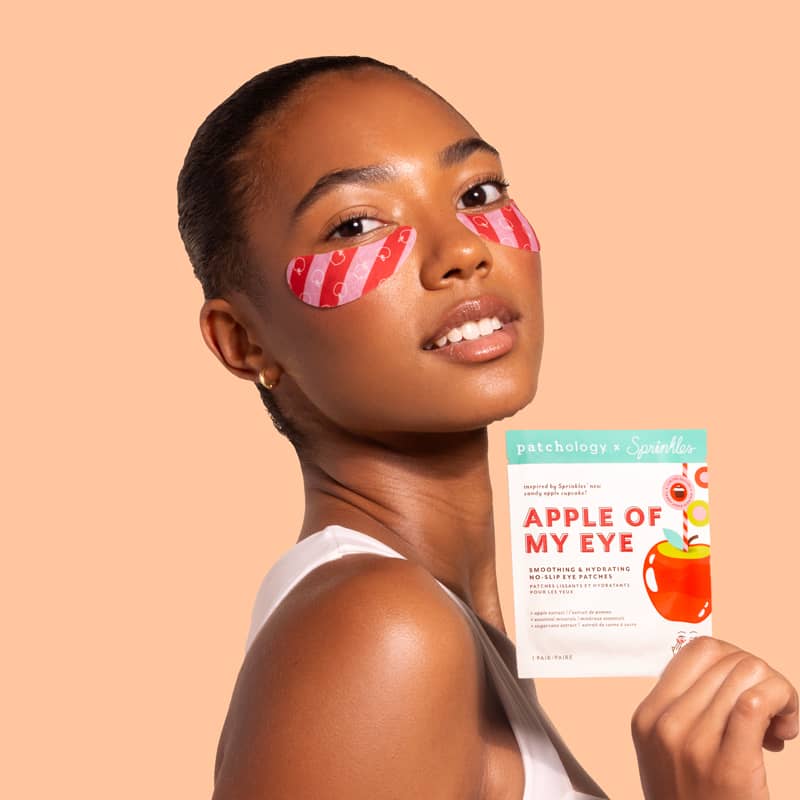How this Nourishing Ingredient Helps Give Skin a Healthy Glow
What is squalane and why is it important for your skin?
Squalane has become one of the buzziest skincare ingredients, but what exactly is it and why does your skin crave it? Squalane is a lipid naturally found in the skin that provides intense hydration and smoothes the look of fine lines and wrinkles. Unlike many synthetic moisturizers, plant-derived squalane mimics your skin’s natural oils to give you a radiant and youthful glow without clogging pores.
Read our guide to learn more about how squalane works, its top benefits, and why this antioxidant-rich ingredient should be a staple in your skincare routine.
Some key benefits of squalane include:
- Powerful antioxidant and hydration properties to plump skin and fight signs of aging
- Boosts collagen production and cell regeneration to smooth skin
- Soothes inflammation and reduces redness
- Safe for sensitive skin types and non-comedogenic

Benefits of Squalane
There are many reasons your skin will love squalane:
Powerful Antioxidant - Squalane contains antioxidants that help neutralize free radicals and prevent oxidative damage that accelerates aging. Its antioxidant powers also support the immune system.
Intense Hydration - Squalane is an emollient that softens skin and provides long-lasting moisture without leaving an oily residue. It helps strengthen the skin's barrier function for improved hydration.
Smooths Skin - By boosting collagen production and plumping up skin, squalane smooths the appearance of fine lines and wrinkles giving you a more youthful, radiant glow.
Soothes Inflammation & Redness - The anti-inflammatory properties of squalane calm irritation and reduce redness caused by dryness or conditions like eczema.
Non-Comedogenic - Squalane is non-comedogenic so it won't clog pores making it suitable for acne-prone skin. It gets absorbed rapidly without blocking follicles.
Safe for Sensitive Skin - Thanks to its gentleness, squalane is great even for sensitive skin types. It is non-irritating and soothing.
Squalane for Skin: What Does it Do?
- Intense Hydration: Squalane is a powerful hydrator, locking in moisture and preventing water loss, making it perfect for dry and dehydrated skin.
- Balances Oil Production: Surprisingly, squalane is non-comedogenic, meaning it won't clog pores. It helps balance oil production, making it suitable for all skin types, even oily and acne-prone skin.
- Anti-Aging Properties: Squalane has antioxidant properties that combat free radicals, reducing the signs of aging, such as fine lines and wrinkles.
- Skin Barrier Support: It reinforces the skin's natural barrier, enhancing its ability to protect against environmental stressors and pollutants.
- Gentle and Soothing: Squalane is non-irritating and gentle, making it suitable for sensitive skin. It can calm redness and irritation.
Byrdie features a deep dive into squalane and discusses the benefits of it in your skincare routine, “Squalane is great for softening or smoothing the skin, as it may help to support the natural outer barrier of the skin.”
What is Squalane?
Squalane is a lipid that occurs naturally in the body. It is produced when squalene, its precursor also found in skin, gets hydrogenated.
Squalene is mainly produced in the liver and secreted through the sebaceous glands onto the skin’s surface. This helps keep skin supple and moisturized.
Plant-derived squalane from sources like olives and sugarcane provides the same hydrating and replenishing effects when applied topically. It mimics your skin’s natural lipids to provide next-level moisturization without clogging pores.
Does squalane clog your pores?
No, squalane does not clog pores. In fact, one of the major benefits of squalane is that it is non-comedogenic, meaning it is non-clogging for pores.
There are a few reasons why squalane does not clog pores:
Molecular size - The molecules of squalane are small enough to penetrate deeply into the skin without blocking pores on the surface.
Sebum-like composition - Squalane mimics the natural oils (sebum) of skin, so skin recognizes and accepts it rather than rejecting it in a way that leads to clogged pores.
Rapid absorption - Squalane gets quickly absorbed into the skin rather than sitting on the surface. This prevents pore-clogging buildup.
Regulates oil production - By providing moisture to the skin, squalane signals to the sebaceous glands to produce less oil. This helps minimize blockages.
Non-greasy feel - Despite its intense hydration, squalane does not leave a greasy finish on skin. This also contributes to it not clogging pores.
So in summary, the light, fast-absorbing nature of squalane allows it to deliver hydration without risk of congestion. It's an ideal ingredient even for those with acne-prone skin to get moisturization without worrying about clogged pores.

Is squalane good for acne?
Yes, squalane can be beneficial for acne-prone skin when used properly. Here are some of the reasons why squalane is good for acne:
Non-Comedogenic - As mentioned previously, squalane does not clog pores or cause breakouts, which makes it safe for acne-prone skin.
Regulates Oil Production - By providing moisture to the skin, squalane can help regulate excess oil (sebum) production which is a major acne trigger. This prevents future breakouts.
Anti-Inflammatory - The anti-inflammatory properties of squalane calm the redness and swelling associated with breakouts. This helps acne heal faster.
Anti-Bacterial - Squalane exhibits mild antimicrobial qualities which fight the bacteria that leads to inflammatory lesions.
Boosts Cell Turnover - Increased cell regeneration from squalane helps unclog pores by shedding dead skin cells faster.
Deep Hydration - Properly hydrated skin is less prone to breakouts triggered by excessive dryness and irritation.
Those with acne should opt for lightweight squalane serums and avoid applying it all over the face. Start by using it as a spot treatment on areas prone to breakouts before building up usage. Introduce it slowly and discontinue use if any sensitivity develops. With the right application, squalane can be a great addition to an acne skincare routine.
Cleveland Clinic covers the benefits and how squalane smooths skin here.

How to Use Squalane for Skin
Squalane is remarkably versatile in skincare. Here are some tips for getting the most out of this multitasking ingredient:
- Apply a few drops of 100% squalane oil directly onto cleansed skin before heavier creams as a nutrient-rich booster.
- Look for squalane in serums, moisturizers, eye creams, and facial oils to enhance hydration.
- Use lightweight lotions and gels with squalane during the day and richer night creams at bedtime.
- If you have oily skin, use squalane in targeted areas like around eyes or on dry spots rather than slathering it all over.
- Since it penetrates quickly, apply squalane immediately after cleansing or toning when skin is still damp.
- Use a few drops to seal in moisture after applying masks or exfoliating to maximize hydration.
Restoring Night
Restoring Night under eye patches contain squalane, which has a number of benefits for the skin, including:
- Hydration: Squalane is a lightweight oil that can deeply hydrate the skin without feeling greasy. This is especially important for the delicate skin under the eyes, which can become dry and dehydrated easily.
- Anti-aging: Squalane helps to protect the skin from free radical damage, which can lead to premature aging. It also helps to reduce the appearance of fine lines and wrinkles, and improve skin elasticity.
- Soothing: Squalane is a natural emollient that can help to soothe irritated skin. This can be beneficial for the under-eye area, which can become puffy and inflamed due to stress, lack of sleep, and other factors.
In addition to squalane, the FlashPatch Restoring Night Eye Gels also contain retinol and peptides, which are other anti-aging ingredients. Together, these ingredients work to reduce the appearance of dark circles, puffiness, fine lines, and wrinkles, and restore a brighter, more youthful appearance to the eyes.

Moodmask Exfoliate Mate
Exfoliate Mate sheet mask contains squalane, which benefits the skin with nourishing ingredients that:
- Gentling exfoliate to remove dead skin cells and impurities
- Smooth and brighten your complexion
- Nourish and revitalize your skin
Squalane Skincare Do’s
Squalane Skincare Do's:
- Do patch test before applying squalane all over your face. Try it on a small area first to test for any sensitivity or breakouts.
- Do apply squalane to damp skin - either after cleansing or after using a toner/essence. This helps it absorb faster.
- Do use a few drops and warm it between your fingers before patting gently onto the face. Avoid rubbing it in heavily.
- Do layer it underneath your regular moisturizer or mix a few drops into your moisturizer.
- Do use it to boost hydration around eyes, lips, and any extra dry areas.
- Do store squalane in a cool, dark place as heat and light can oxidize the ingredients.
Squalane Skincare Dont’s
- Don't use too much - a few drops is all you need for the entire face. Using too much can lead to breakouts.
- Don't apply it to an already oily or acne-inflamed face. Spot treat only on acne-prone skin.
- Don't use squalane if you have a known allergy to olives or sugarcane. Opt for a different plant-based source.
- Don't use old or oxidized squalane. Discard if the color has changed or smells rancid.
- Don't rely on squalane alone for moisture. Follow up with a hydrating serum or moisturizer.
- Don't use too many squalane products at once. This can overload and clog pores.
With all of its impressive benefits for skin, it’s no wonder skincare brands are infusing squalane into everything from cleansers to eye creams. Discover the hydrating power of this miracle lipid for yourself!



